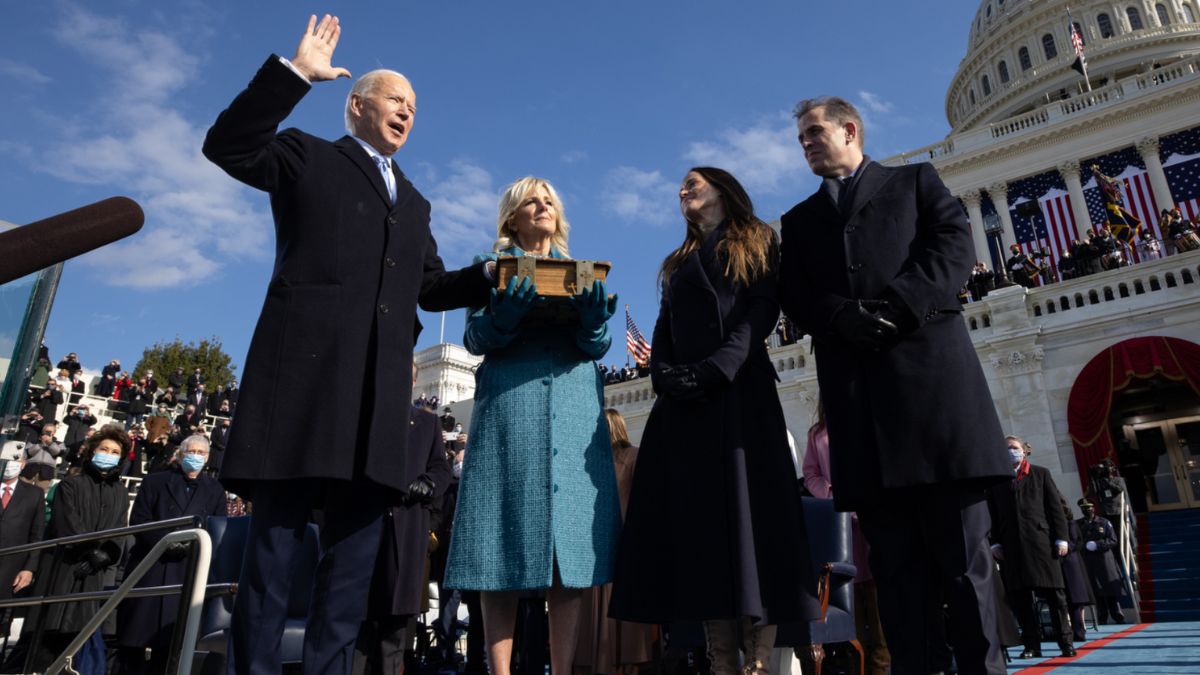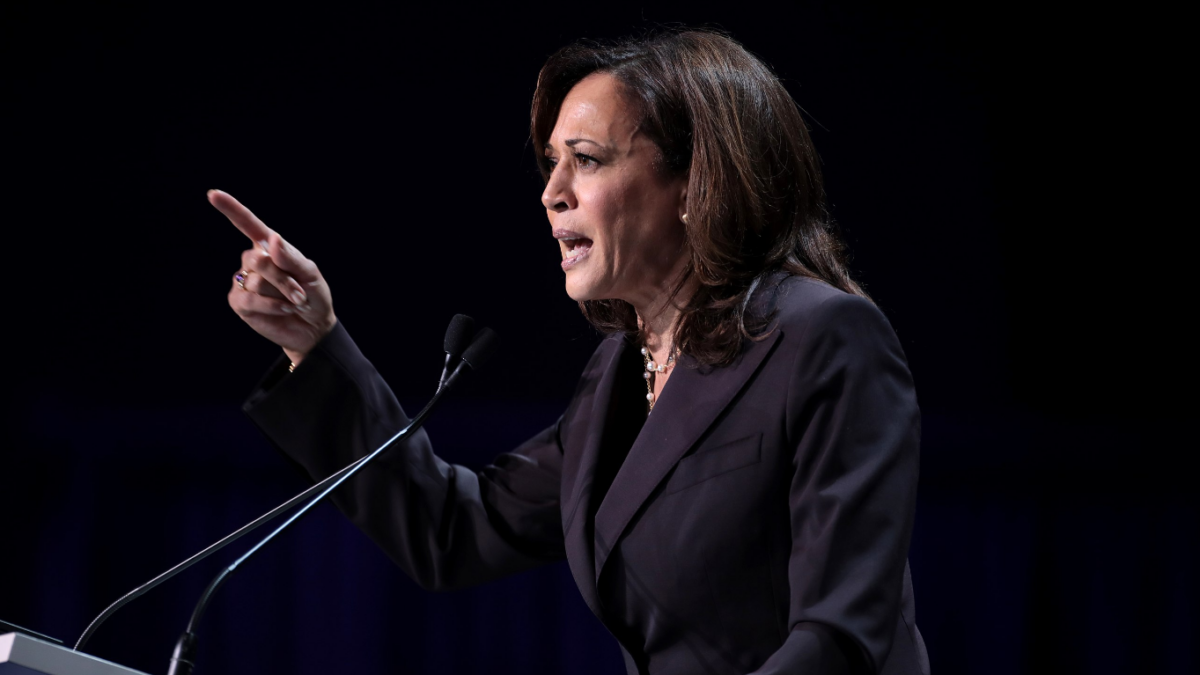
Comedian Trevor Noah recently went off on Bernie Sanders supporters, saying, “If you’re a Democrat and you say, ‘I’m not voting for Hillary,’ then you are voting for Trump…Let’s not beat around the bush ― not voting is voting.”
This wouldn’t be the first time “The Daily Show’s” host has said something untrue, but many who have thrown in support for Hillary Clinton or Donald Trump are making this argument: “If you don’t vote for [insert lesser of two evils here], it’s the same as voting for [insert super evil villain here].”
Trump and Clinton supporters want to get as many people to vote for their nominees as possible, and it makes sense to them to pressure friends and audiences, especially if they have voted for their party’s nominee before. People who held their nose and voted for Mitt Romney (such as myself) are prime targets for GOP pressure. If I’ve voted for a lousy party nominee before, I’m likely to cave again, so the Trump-pushers will not relent. The same dynamic is in play on the Democrat side.
But let’s get this straight, because accuracy matters: The neither votes are no vote (at least to Hillary and Trump), not a vote for the “other” candidate. It means the pool of voters for the major party nominees is smaller, not that someone you think should be voting for your candidate isn’t, thereby swinging the election. A non-vote does not carry the same weight as an actual vote for the “other” candidate, so the meme Noah is pushing onto Bernie supporters, the same one being thrust in the faces of NeverTrumpers or the Trump-hesitant, is simply false.
No Means No
Exemplifying the ignorance of dissenters’ motivations that prevails among loyalist pundits, a flurry of tweets came out several days ago pronouncing #NeverTrump dead. These opinionators, including Trump himself, haven’t been listening to the NeverTrump camp, but simply assuming that once a candidate has the nomination locked down, the dissenting factions would fall in line and the party will “unify” behind its nominee. But NeverTrump didn’t mean “We’ll never let him become the nominee.” NeverTrump means we will never vote for him, not even in the general election.
The neither vote is an important statement that apparently flies over the heads of these pundits: that neither candidate is fit to be president. This narrow, binary way people like Noah view the election ignores the possibility, indeed the likelihood, that principled voters may think neither candidate has the competence and character necessary for the Oval Office, and as such neither deserves their votes (Noah himself admits “you’re not living in a two-party world” and “there is nuance”).
Democracy is supposed to give us a voice, but pressured speech made by engendering a feeling of obligation to a political party, or to the candidate that claims to share a few inches of common ground with your beliefs, or to a nebulous democratic ideal of mass participation, just makes anger and resentment fester. Conscientiously withholding a vote can speak, too, particularly if one can articulate why he chose to do so.
You Don’t Own My Vote, You Earn It
The arrogance that leads to party loyalists’ implicit belief that the party is entitled to the votes of all who call themselves Republican or Democrat is likely part of what turns off so many from identifying with either party. As of June, 39 percent of Americans consider themselves Independent, a fraction 8 percentage points greater than those who consider themselves Democrats (31 percent) and 11 percentage points greater than those who identify as Republican (28 percent).
So I’m in plentiful company when I object to this assumption that I must score for Team GOP, or that Bernie supporters must score for Team Democrat. The party establishment and party loyalists take my vote for granted. It should not be. I became a Republican because I most identify with its party platform compared to that of the Democrats, not so I could score for the team by just checking the (R) boxes down the ballot (although I do vote, and mostly vote Republican). My state has open primaries, so my party affiliation doesn’t grant me any special access. It’s literally just a title.
My past votes for Republicans do not put me under some special obligation to vote for a candidate I see as unfit for office, or any candidate, for that matter. One could argue Trump isn’t even playing for our “team” (let’s call it Team Pseudo-Conservative). He’s playing for his own, or some new version of the team with a bench that’s becoming more and more hostile to folks like me. So why should I score for him?
The GOP is not entitled to my vote. The Democrat Party is not entitled to the votes of all Democrats. My vote belongs to me alone, and candidates must earn it. If no candidate earns it (and that includes third-party candidates), I have not been deprived of my political influence. That’s an argument made both to the less politically involved to “rock the vote” and a desperate plea to the Trump or Clinton-hesitant: YOU MUST CHOOSE, and if you do not choose one, then by default you choose the other.
Indeed, to pressure into voting those who do not believe a nominee deserves their vote is to inhibit them from expressing their real positions toward the candidates and the democratic process. I, for one, choose to let my silence speak, even if few can hear it.









